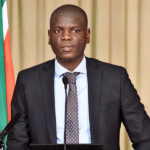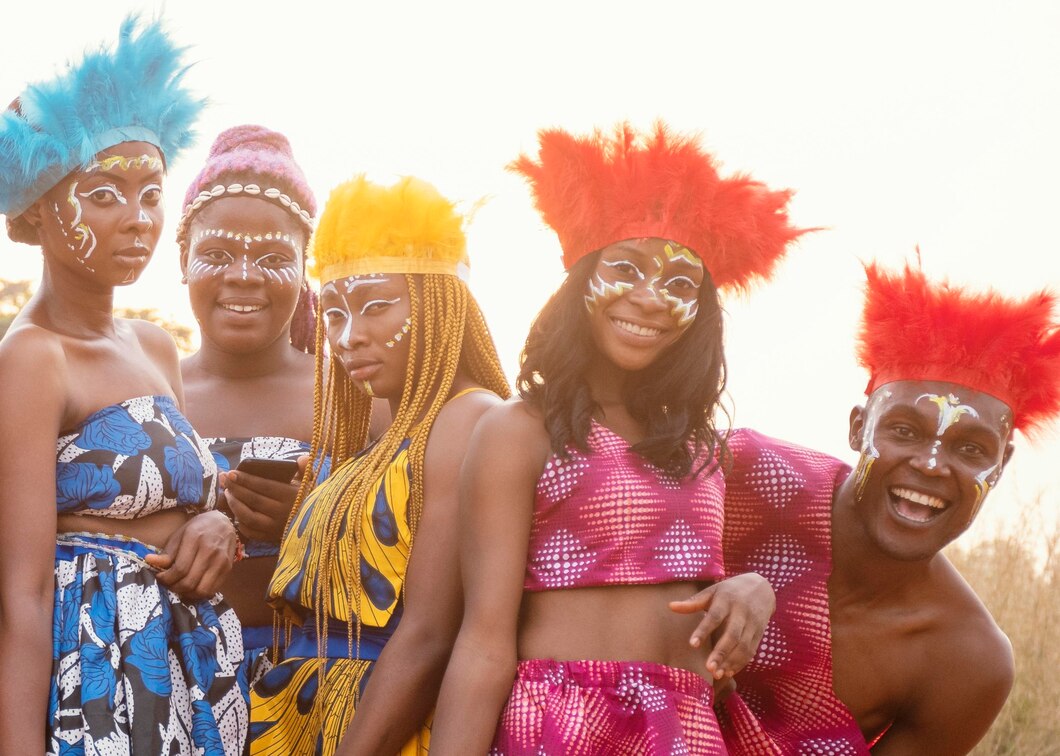Zambia, nestled in the heart of Southern Africa, boasts a vibrant tapestry of cultures, each celebrated through unique festivals that showcase the nation’s rich heritage. These festivals not only highlight traditional practices but also serve as significant social and economic events, drawing both locals and tourists alike. Here’s a look at Zambia’s top 10 cultural festivals that embody the country’s diversity and traditions:
- Kuomboka Festival: Held by the Lozi people of Western Province, the Kuomboka Festival celebrates the annual migration of the Litunga (King) from the floodplains of the Zambezi River to higher ground. Colorful ceremonial barges and traditional regalia add to the spectacle of this event, drawing thousands of spectators.
- Likumbi Lya Mize Festival: This Luvale ceremony, celebrated in the Northwestern Province, marks the passage of young boys into adulthood. It features elaborate traditional dances, rituals, and initiations that demonstrate cultural continuity and community cohesion.
- Nc’wala Ceremony: Among the Ngoni people in Eastern Province, the Nc’wala Ceremony is a vibrant display of cultural pride. It involves the first fruits offering to the paramount chief, accompanied by traditional dances, music, and storytelling that depict the tribe’s history and values.
- Kulamba Traditional Ceremony: Hosted by the Chewa people in the Eastern Province, the Kulamba Ceremony is a gathering of various Chewa chiefs to pay homage to their king. It includes performances of Gule Wamkulu (Great Dance) and other masked dances, symbolizing ancestral spirits.
- Umutomboko Ceremony: Celebrated by the Lunda people in Luapula Province, the Umutomboko Ceremony commemorates the migration of the Lunda King Mwata Kazembe. It features war dances, drumming, and displays of traditional weaponry, showcasing the Lunda’s martial heritage.
- Chibwela Kumushi Festival: This harvest festival, observed by the Bemba people in Northern Province, celebrates the agricultural season’s success. It involves traditional songs, dances, and feasting, emphasizing communal unity and gratitude for the harvest.
- Lwiindi Ceremony: Among the Tonga people in Southern Province, the Lwiindi Ceremony is a thanksgiving festival to the ancestors for fertility and a bountiful harvest. Rituals include offerings of food and beer, as well as traditional dances and storytelling.
- Mukuni Village Cultural Festival: Located near Livingstone, this festival offers a glimpse into the cultural heritage of the Toka Leya people. It showcases traditional dances, craft displays, and local cuisine, providing visitors with an immersive cultural experience.
- Kuomboka and Mutomboko Arts Festival: Celebrated in the Northern and Luapula Provinces, this festival combines the Kuomboka and Mutomboko ceremonies of the Lozi and Lunda peoples. It features parades, traditional performances, and craft markets, promoting cultural exchange and tourism.
- International Arts Festival (SIAF): Held annually in Lusaka, this festival brings together local and international artists to showcase Zambia’s diverse cultural expressions through music, dance, theater, and visual arts. It serves as a platform for creativity and cultural dialogue.
These festivals not only celebrate Zambia’s diverse cultural heritage but also contribute significantly to the country’s tourism industry and community development. They serve as vital links to Zambia’s past, preserving traditions for future generations while welcoming visitors to experience the warmth and richness of Zambian culture firsthand. As Zambia continues to evolve, these festivals remain essential in fostering cultural pride and unity across its various ethnic groups.






